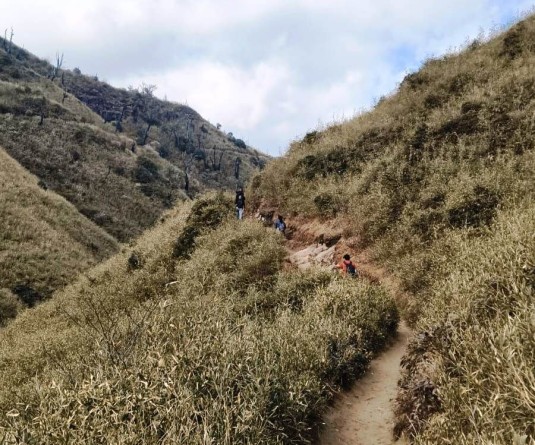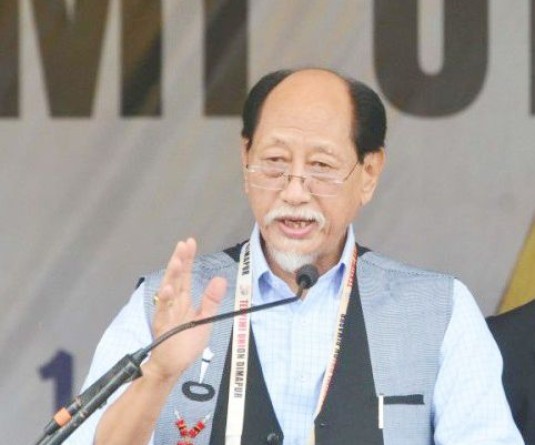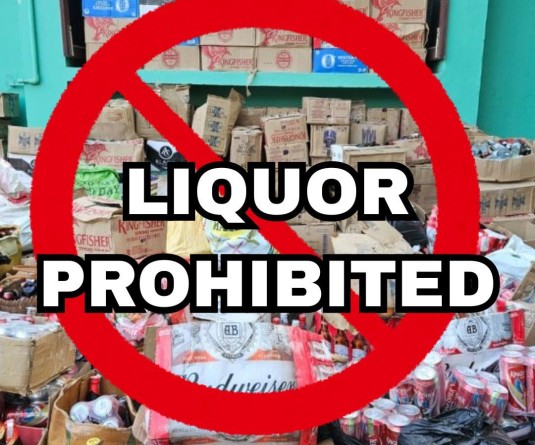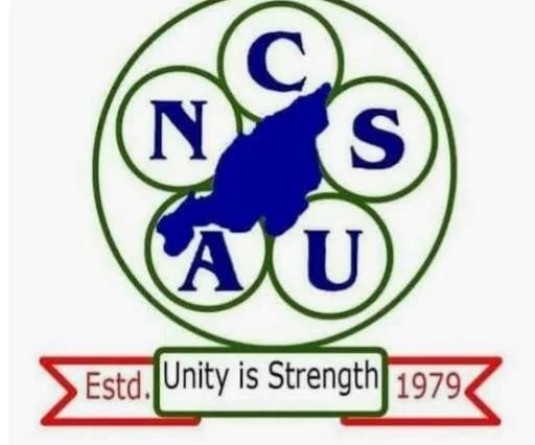Illegitimate syndicate between the police and the advocates is only aimed at extorting money from helpless accused, asserts KBA. (Representative Image: Pixabay)

Says issue taken up with DGP Nagaland
Morung Express News
Kohima | August 13
The Kohima Bar Association (KBA) has alleged a burgeoning illicit nexus between the advocates and police in Nagaland over the years, which is affecting the criminal justice delivery system, and infringes the personal liberties of the accused persons.
This unethical collaboration, it claimed is also prevalent in other states too. KBA asserted that Article 22 of the Constitution of India grants the accused person the right to engage an advocate of his/her choice, a right that extends to their families, relatives and friends. And for those unable to afford legal representation, the Legal Services Authorities Act, 1987 provides sufficient legal safeguard for them.
However, the KBA in a press statement issued by its President, Kekhriengulie and Secretary, Lhusisato Iralu alleged that these constitutional rights are being systematically violated wherein in many cases, “when an accused is arrested in the first instance and brought to the police station or jail, the concerned police/jail officials will compel the accused and/or his/her relatives/families/friends to engage a particular advocate for bail.”
According to the KBA, some police stations and jails in Nagaland keep Vakalatnamas (legal documents authorising an advocate to represent a litigant) or contact details of ‘handpicked’ advocates. Subsequently, it claimed that accused individuals are coerced into appointing these specific advocates for their court cases.
“Behind this illicit practice, the concerned advocate will share a percentage of the fees collected with the police, as per their pre-agreed rate. This is the commission which the corrupt officials receive” it alleged.
The KBA went on to state that this illegitimate syndicate between the police and the advocates is only aimed at extorting money from helpless accused, when detained in police custody.
“As a result, unnecessary financial strain is also put on the accused persons, including their family/relatives.”
KBA further explained that this arrangement not only imposes unnecessary financial strain on the accused and their families, but also creates conflicts when relatives later attempt to engage different advocates.
This, it asserted not only tarnishes and affect the integrity of investigation and the justice delivery system but violates the essence of Article 22 of the Constitution, and ultimately, the nobility of both the professions - police and advocates, is also disparaged.
Those public servant (s) involved in such malpractice, it pointed out are punishable under the Prevention of Corruption Act, 1988, and can be subjected to disciplinary proceedings under the Nagaland (Discipline and Appeal) Rules, 1967. Similarly, KBA further stated that the concerned advocates are also liable for disciplinary action under the Advocates Act, 1961, potentially leading to disbarment.
In this regard, KBA informed that it has taken up this issue with the Director General of Police (DGP) in Nagaland for initiating coercive steps against the erring officials.
Meanwhile, the association has issued a stern warning to its member advocates, who are engage in such malpractice to immediately cease such practice, and encouraged anyone with knowledge of such misconduct to report it to the KBA.
The KBA further reminded all stakeholders that any infraction compromising the personal liberty of individuals cannot be tolerated, reiterating their commitment to upholding the integrity of the legal and justice systems in Nagaland.
‘Advocates should not be a puppet to somebody’
When enquired to cite some cases of the nexus between the police and advocate, KBA President, Kekhriengulie told The Morung Express said, unless the order is passed for a particular case, it cannot be made public. However, he said, many people are victims to such nexus.
He emphasised that KBA is issuing the statement to raise public awareness, adding that it concern is streamlining the criminal justice system and ensure that justice is delivered fairly.
Kekhriengulie also informed that some cases are going on, and that the association is urging advocates to cooperate with the investigation. And to prevent the possibility of misunderstandings between the police and the advocates, he said, it has submitted a representation to the DGP, and to take up the matter with the concerned police officers.
Underscoring the importance of upholding ethical standards within the legal profession, he reiterated that any nexus between police, advocates or the accused could severely damage the integrity of the criminal justice system.
“If such a nexus continues, how can we expect justice to be delivered?” he questioned, noting that such actions would demean the image of advocates adding that advocates shouldn’t be a puppet to somebody.
Kekhriengulie also maintained that any advocate found engaging against ‘its’ ethics or against the Advocates Act can face serious consequences such debarring from further practice and cancellation of license.






